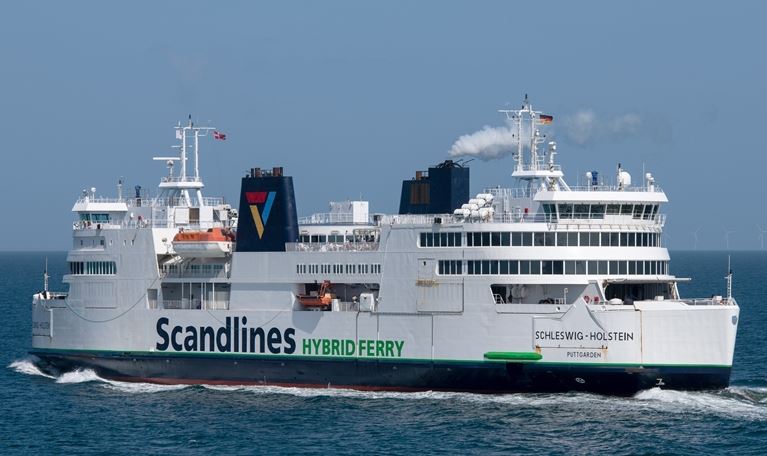 Scandlines is investing more than EUR 31 million to convert two 1997-built ferries operating on the Puttgarden–Rødby route into plugŌĆæin hybrids, aiming to cut COŌéée emissions by up to 80ŌĆ»perŌĆ»cent.
Scandlines is investing more than EUR 31 million to convert two 1997-built ferries operating on the Puttgarden–Rødby route into plugŌĆæin hybrids, aiming to cut COŌéée emissions by up to 80ŌĆ»perŌĆ»cent.
The retrofit includes installing 5ŌĆ»MWh battery systems on each ferry, equipping charging infrastructure on board and at both Puttgarden and Rødby terminals, and powering crossings primarily with renewable electricity.
The company has signed a contract with Western Shiprepair in Lithuania, part of BLRT Repair Yards, to carry out the conversion.
Work on the first ferry is slated to begin at the end of August 2025, followed by the second in December 2025, with both expected to be completed in early 2026.
Scandlines COO MichaelŌĆ»GuldmannŌĆ»Petersen said: “It’s about more than just technology – it’s about responsibility. As a ferry company operating daily in one of the world’s most sensitive waters, we have a special obligation to protect the marine environment we operate in”.
He added that charging the batteries in 12 minutes to at least 80ŌĆ»perŌĆ»cent of the energy needed for a crossing will significantly strengthen competitiveness.
Ingrida Streckien─Ś, Director of Western Shiprepair | BLRT Repair Yards, commented: “The conversion … is a significant step forward, not just for Scandlines’ ambitious sustainability goals, but for the entire ferry industry.”
The project is being supported by the German Ministry of Transport’s Sustainable Modernisation programme, which will cover up to 40ŌĆ»perŌĆ»cent of the conversion cost, according to Shippax's release.
This initiative forms part of Scandlines’ strategy to operate the Puttgarden–Rødby route with zero direct emissions by 2030 and become a direct emissionŌĆæfree company by 2040. Since 2013 the company has invested EUR 380ŌĆ»million in emissions-reducing technologies, including hybrid ferries, rotor sails, efficient thrusters and algaeŌĆærepellent silicone paint.
Scandlines is a DanishŌĆæGerman ferry operator founded in 1998, jointly owned by FirstŌĆ»Sentier Investors, 3i and Hermes. It runs services across the Baltic Sea, including the Puttgarden–Rødby and Rostock–Gedser routes. The company operates the world’s largest fleet of hybrid ferries, carrying approximately 6.4ŌĆ»million passengers, 1.6ŌĆ»million cars and 700,000 freight units in 2024. Revenue was EURŌĆ»466ŌĆ»million in 2023, with an operating income of EURŌĆ»134ŌĆ»million.
Western Shiprepair is part of BLRT Repair Yards, which operates ship repair facilities across the Baltic region, including Lithuania, Estonia and Finland. It specializes in repair, modernization and conversion services, supporting global shipping fleets and focusing on sustainable maritime solutions.



